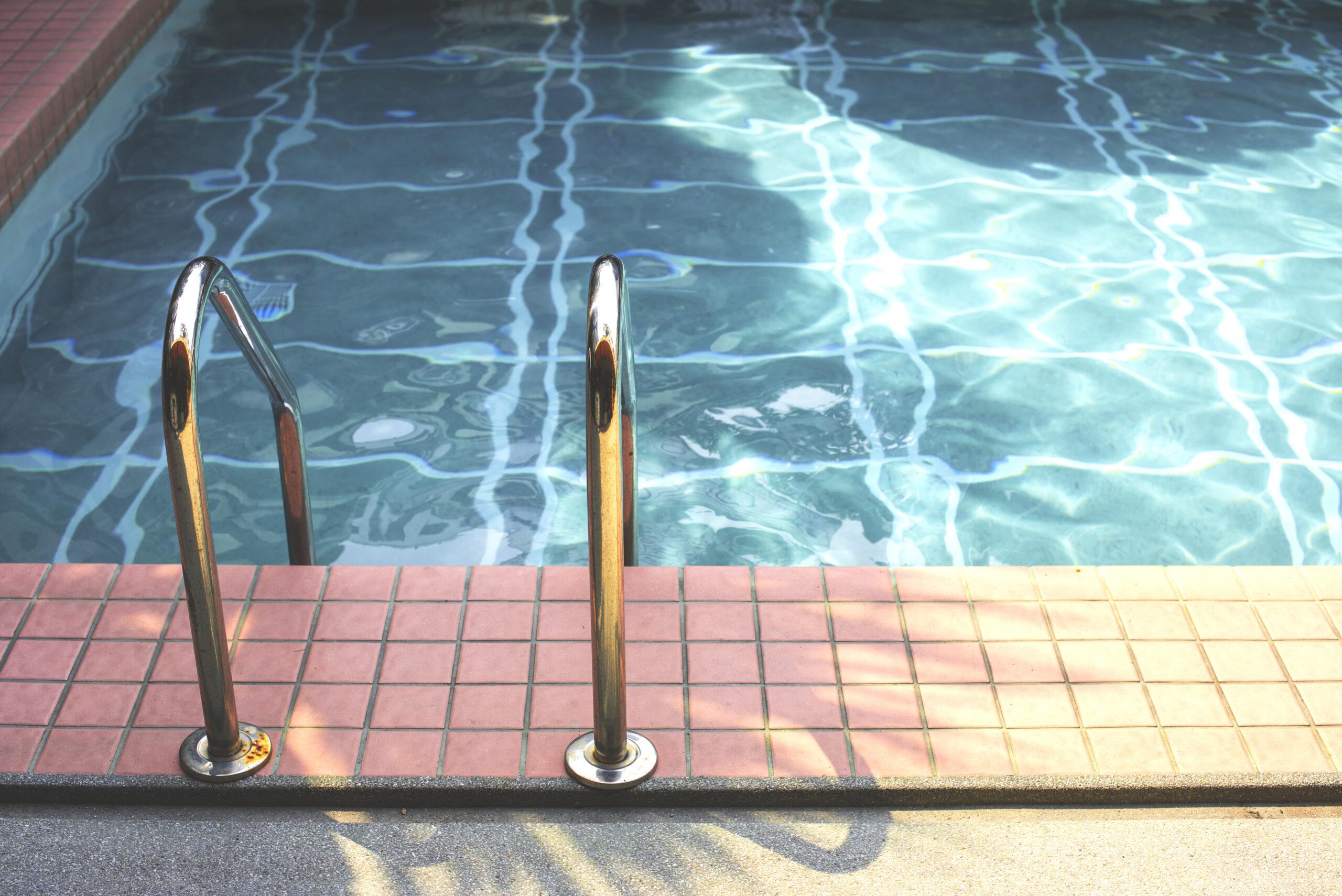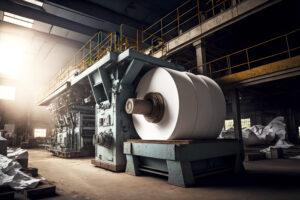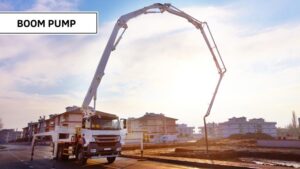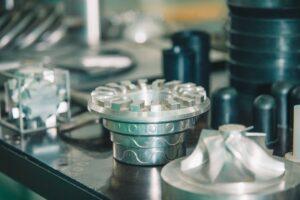
As one of the most essential pieces of equipment for maintaining crystal-clear water, your pool pump requires vital information on its lifespan and the correct maintenance procedures. Understanding the life expectancy of a pool pump helps with effective maintenance planning.
Learn expert tips on how to make swimming pool pump life expectancy longer, maximizing your investment and ensuring it operates at peak performance.
How Long Do Pool Pumps Last?
Knowing how long pool pumps will last allows one to schedule timely maintenance and replacement. The average lifespan of a pool pump is 8 to 12 years. Several factors influence this life expectancy, which does affect how long your pump will serve efficiently. The lifespan of a pool pump can be extended with proper maintenance.
Usage is quite a significant factor. To operate year-round implies that it works much harder and may wear out faster than those used seasonally. Similarly, due to one owning an in-ground pool, more likely than not, the pump is more significant in dealing with the volume. The larger the pump, the better the chance it will last longer.
Water quality matters just as much. If there is an enormous amount of debris or if the water is chemically out of balance, it will give your pump additional wear. Testing balanced water chemistry is another way to add years to your pump’s life. Climate is another consideration. Very hot or cold temperatures can put additional stress on your pump, shortening its life.
With proactive measures, you will give your pool pump the best chance of remaining a great and integral part of your pool system for as long as possible.
Signs to Repair or Replace Your Pool Pump
Keeping an eye on your pool pump performance will save you any surprises by way of sudden failures and the associated expensive repairs. You will know when to make a repair or even replace your pump to keep your pool in pristine condition by being aware of the early warning signs of wear.
The most noticeable indicator is unusual noise. If your pump starts to grind, screech, or thump, then something is happening with it internally. Either the bearings are worn out, or the impeller is damaged, something to that effect. Usually, these noises indicate that the pump requires immediate attention.
Another red flag is leaked. If you can see liquid oozing from a visibly leaking pool pump, either around the motor or at the fittings, it could have seal or gasket problems. Not only does this affect efficiency, but sustained leakage might further lead to more severe damage by water.
Another prevalent symptom of pump trouble is reduced efficiency. If you notice that your pool water is not as clean or even that the circulation from the pump seems to be inadequate, then it may be due for a check-up. Typically, low efficiency is caused by clogs, worn-out parts, or some general wear and tear that affects performance.
What else about pool pump service and repair should you know? Another important point would be an overheating pool pump. If your pump frequently runs too hot or shuts off due to excessive heat, then it could be working harder than it needs to. The worst case scenario will be severe damage and significantly reduced life if not addressed in time.
When dealing with issues related to your pool, timely electric pool pump repair is crucial. Ignoring minor problems can lead to more significant damage and potentially higher costs in the long run. Professional repair services not only address immediate concerns but also ensure that the pump operates efficiently, enhancing the overall performance and extending its lifespan. Regular maintenance and prompt repairs can help prevent breakdowns and keep your pool in pristine condition.
Watching out for these signs and acting on them promptly will let you decide whether pool pump repair or replacement is the way forward in keeping your pool pump running and your pool a source of joy and relaxation. Ready to keep your pump in top shape? Stay tuned for tips on how to maintain it to avoid such issues.
Maintenance Tips for Extending Pool Pump Life
Proper care can extend the life of your pool pump and help it function properly. Follow these key practices to avoid common problems that can stop your pool pump, and it will be running smoothly for years.
Regular Inspections
Regular inspections, the cornerstone of pool pump maintenance, empower you to take control. By habitually checking for unusual noises, leaks, or signs of wear, and closely observing the pump’s components and connections, you can identify and address potential issues before they become serious, ensuring your pump’s smooth operation.
Cleaning and Lubrication
Regular cleaning and lubrication are your pump’s best friends, preventing blockages and reducing wear. By removing debris from the pump basket, impeller, and other parts, you can maintain peak efficiency. By lubricating the moving parts, such as bearings and seals, you can reduce friction and wear, ensuring your pump’s longevity and your peace of mind.
Proper Winterization
Proper winterization is necessary if you are going to expose your pump to cold winters. At the close of every swimming season, drain all water from the pump and pipes to prevent freeze damage. If possible, store the pump in a dry, protected place. This simple thing will keep your pump ready for action when the nicer weather comes around and avoid troublesome and expensive repairs.
Balancing Pool Chemistry
Keeping your pool’s chemistry balanced is a key responsibility in protecting your pump. Regular testing for pH and chlorine levels, and making necessary adjustments, ensures the water is in optimal condition, preventing corrosion or scaling on the pump’s parts and thus extending its life. Your attention to these details is crucial for your pump’s health.
Timely Repairs
The timely formation of issues is critical to extending the life of your pump. If there is a leakage, unusual noise, or otherwise reduced performance, make sure it gets repaired on time. Delayed repairs can cause more damage and may call for rather expensive replacements. Expert pump services ensure optimal performance and longevity.
Pool Pump Maintenance Checklist
- Inspect regularly: Check the pump for any unusual noises, leaks, or signs of wear. Look for visible damage or loose connections.
- Clean pump basket: Remove debris from the pump basket to ensure proper flow and prevent clogs.
- Clean or replace filter: Regularly clean or replace the filter to maintain efficient water circulation.
- Lubricate moving parts: Apply lubrication to bearings, seals, and other moving parts to reduce friction and wear.
- Check water levels: Ensure the water level in the pool is adequate to prevent the pump from running dry.
- Examine pool chemistry: Maintain balanced pool chemistry to prevent corrosion or scaling on the pump components.
- Inspect pump motor: Check the motor for overheating or unusual vibrations. Ensure it is clean and free from debris.
- Verify electrical connections: Ensure all electrical connections are secure and free from corrosion.
- Proper winterization: If applicable, drain all water from the pump and pipes and store the pump in a dry, sheltered location during the off-season.
- Schedule professional check-ups: Arrange for a professional inspection and maintenance service periodically to address any issues that might not be visible.
Knowing how long your pool pump will last and how to care for it is very important in maintaining a well-functioning, long-lasting pool system component. The normal life expectancy ranges between 8 and 12 years, and various determining factors – such as the frequency of use, pool type, quality of the water, and climate – will give you an idea of when your pump may need attention.
Also, knowing the common symptoms that tell you it could be time to repair or even replace your pump will give you a headstart on dealing with problems before they become big ones. Such symptoms can include strange noises, leakages, reduced efficiency, or overheating. Proper and regular maintenance, which includes inspections, cleaning, lubrication, correct winterization of equipment, balancing of pool chemistry, and on-time repairs, can make the pump run for a long time and operate at the peak level.
With a bit of proactive care and attention, you will not experience any sudden breakdowns, and you can be sure to keep your pool a fountain of joy and relaxation. Ready to extend the life and increase the efficiency of your pool pump? Apply the following tips from AMED today, and keep your pool pristine for years to come.










